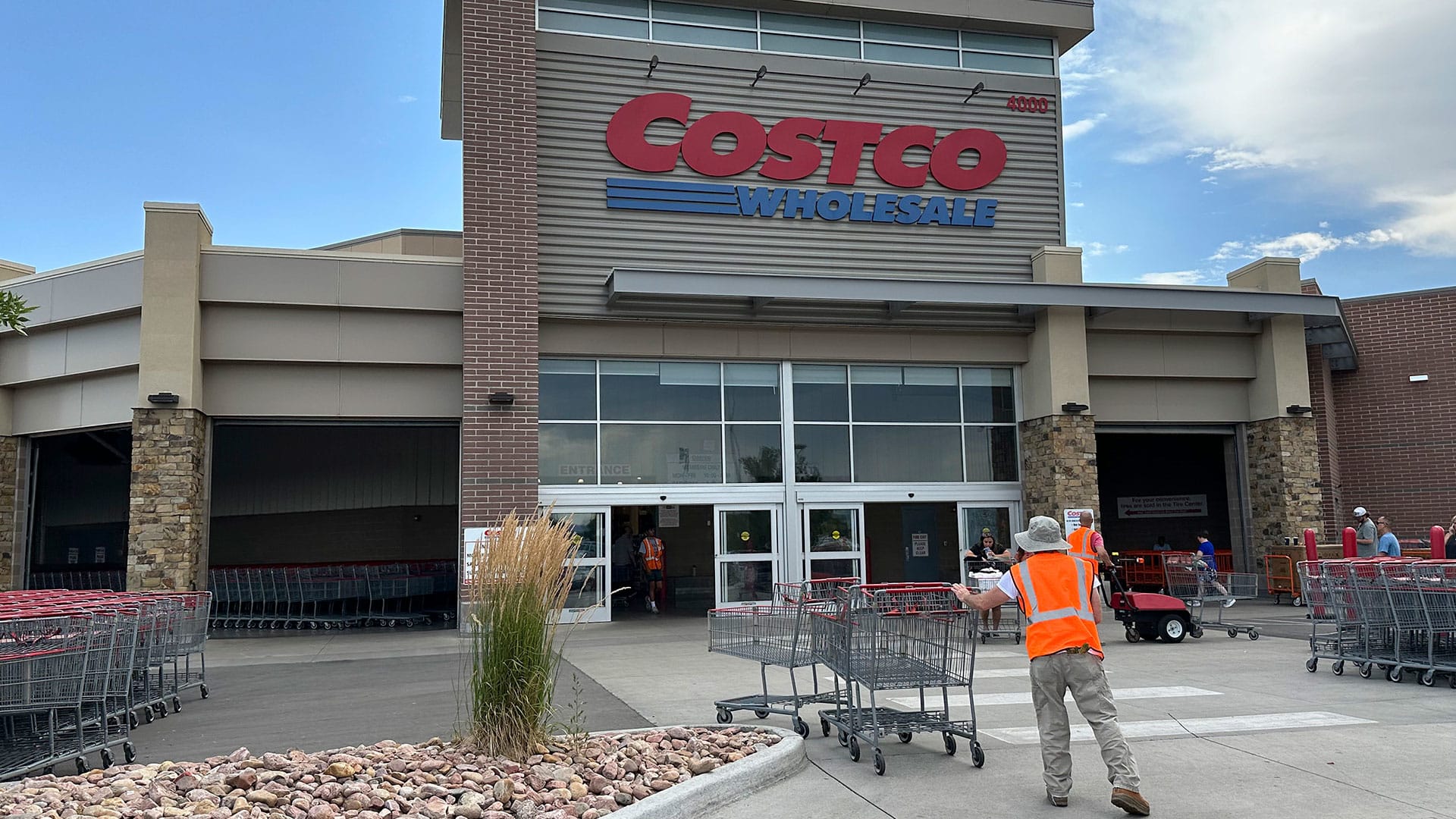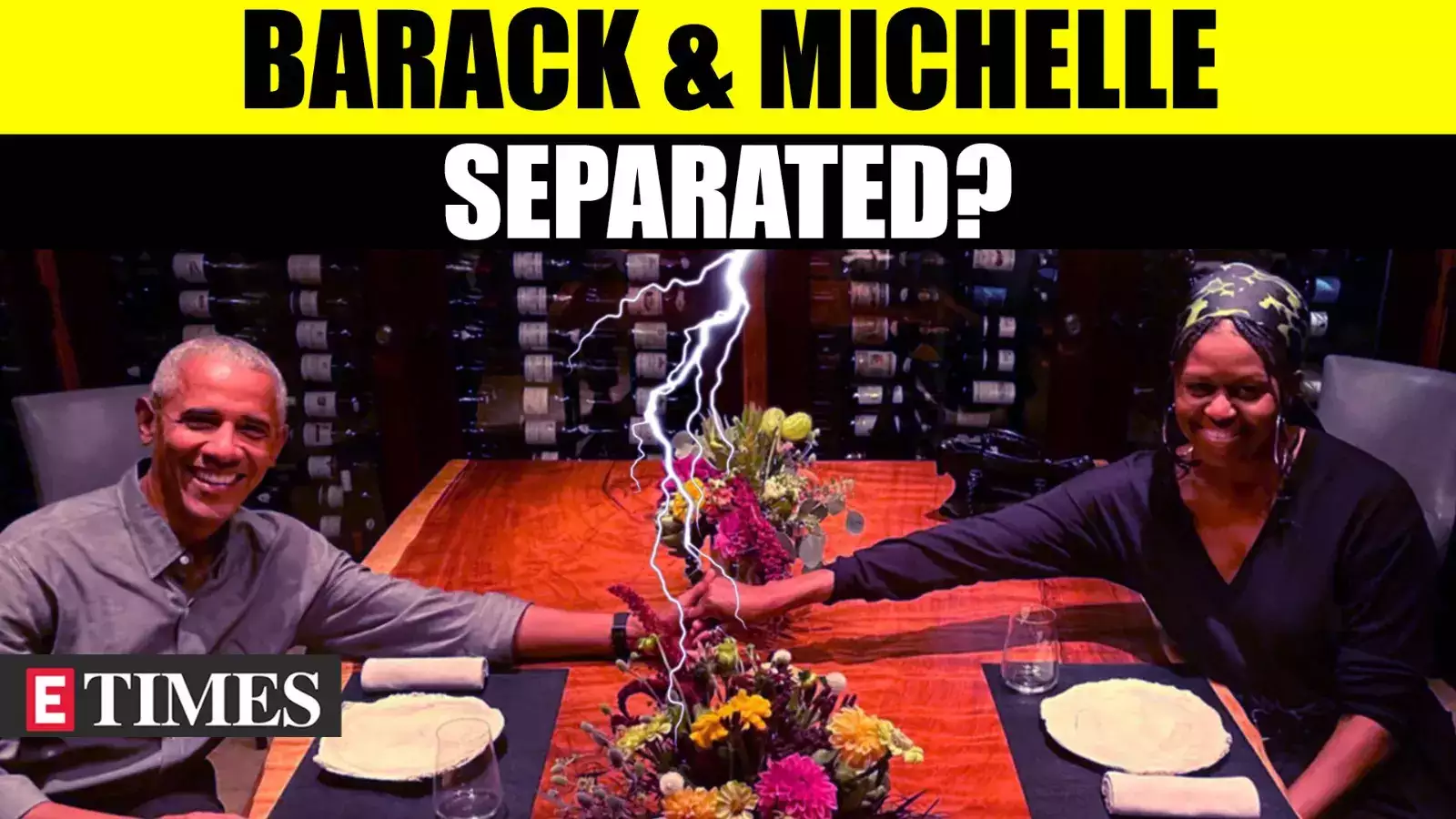Miriam Makalia Vance recently got fed up with dating apps. But meeting people IRL proved difficult, too. As she describes it, “It felt like you needed to make a connection quickly without asking a question.”
The 29-year-old was living in New York and dreaming of a time when courtship was ruled by in-person introductions and meet-cutes on subways. So she made her own version of a business card that read “hi, I think you’re cute” with her contact information.
Vance’s adoption of a traditionally professionally medium for dating purposes isn’t an anomaly. We’re hearing it everywhere: people are increasingly getting frustrated with dating app culture. So now, some are turning their dating game toward tactics previously used as professional networking opportunities.
They’re making personal dating websites, which advertise a single person to suitors the way someone might make their own website to get hired for a job. Others are creating “date me” email addresses, encouraging suitors on dating apps to get creative by making first date pitches on PowerPoint. College kids are even designing their own “rizzness cards” — a play on the Gen Z slang “rizz,” short for “charisma” — to hand out at bars that have their Snapchat and Instagram handles in place of emails and LinkedIn profiles.
“Date like it’s your job.”
“I’ve always said, ‘Date like it’s your job,'” says Damona Hoffman, a dating coach and author of “F the Fairy Tale.” “People think it’s not romantic to do that, but I find that dating is a set of learned skills. It makes sense that you could apply those skills to dating, but for some reason we’ve all just believed this narrative that it should just magically happen and you should just find your person. I think that’s never been more false than it is today.”
In some ways, these trends are a reflection of the reality of living in a digital world. But there is a historical precedent for many of these concepts. Hoffman points to the fact that sharing personal dating websites with friends or acquaintances is just the 2.0 version of seeking a matchmaker or asking a co-worker to set you up with someone they know. And “rizzness” cards are a Gen Z spin on Victorian-era calling cards, which were used in the 19th and 20th centuries as a means to let someone know you had tried to pay them a visit, Vance argues.
“Some people were like, ‘Oh, we’re moving into this society that’s so brainrotted that we can’t even talk to people now,'” Vance says. “And it’s like, ‘No, we’ve had calling cards as long as we’ve had the printing press.'”
Nasimeh Easton, a 36-year-old Brooklyn-based artist, similarly found herself fed up with traditional dating apps and was looking for a way to break up the monotony of swiping, going on dates, rinsing, and repeating.
Enter: the “date me” website, which she noticed a few people she knew were starting to create and share on social media. She appreciated that a site would allow the opportunity to showcase her personality more than the handful of photos and short bios that most dating apps allot. Easton’s site lists at length what she’s like, what she’s looking for in a relationship, and ends with an email address — and a caveat: “Is it weird to email? IDK, this is all weird.”
With a laugh, Easton acknowledges that the concept of dating as a whole can be pretty strange.
“I don’t know, man, we’re on a floating space rocket and I want a husband,” she jokes. “A thousand years ago, I would have just married or been in a tribe with someone and we have a baby. But we’re not in that world anymore. So welcome to the modern age. I’m just going to play around a little bit.”
While using dating tactics like these can help a person stand out in a crowded dating pool, some might have to get through fears of standing out in a negative way — that going above and beyond swiping culture might paint one as “desperate” or “trying too hard.”
On apps like Tinder, Bumble, and Hinge, most users are looking for some sort of romantic, or at least sexual, connection. Broadening to a wider internet where that’s not necessarily the case can open you up to criticism.
“I feel really comfortable with my friends being like, ‘I’m dating, here’s what I’m looking for,'” Easton says. “It feels scarier to put it out in the wide reaches of the internet. That shouldn’t be true — I’m on dating apps — but somehow it felt more raw and exposing to do this.”
“If this leads me to finding my husband, that’s the best rom-com of all time.”
Across social media, you’ll find scores of examples of folks who have made “date me” sites, or personal business cards. But you won’t find as many who have shared success stories. Some have only handed out a few dating cards, which printing companies usually ship in batches of 50 to 100.
That doesn’t mean the premise of turning dating into a business is a failure, Hoffman says. She wants to remind those in the dating world that apps have offered an unprecedented scale of potential connections. A dating website, business card, or PowerPoint isn’t going to attract the same number of people that a passive swipe will. And that’s OK.
“We’re a little bit addicted to that scale,” Hoffman says. “It doesn’t mean that it’s not working, it just means that you probably haven’t gotten the same number of at-bats that can get you the match that you’re looking for.”
Even if ideas like these are somewhat of a “course correction” for feeling “too isolated,” Hoffman sees a benefit in anything that gets you to approach dating in a new, more intentional way.
“I love seeing people develop these tools, not just because they’re useful for others to help you but I also think the experience of doing a dating portfolio yourself and thinking about what you really want and who you are and what you have to offer in a relationship usually yields better results,” she says.
Easton’s site is still live, if you’re looking for inspiration — and we’re going to personally claim a spot at her wedding if this story successfully lands her a suitor. In the meantime, she’s cautiously optimistic about harnessing the power of community online to find love.
“If this leads me to finding my husband, that’s the best rom-com of all time,” she says.
Vance only ended up handing out one card — to a waiter at a bustling restaurant she was visiting with friends. That connection didn’t end up fruitful, and she still has 99 sitting in a drawer somewhere. But soon after meeting the waiter, Vance ended up reconnecting with a former partner she had split with while living long-distance.
While the cards didn’t help her directly in making a connection, she believes they likely gave her a chance to reevaluate what she wants most in a relationship.
“It’s not really the cards. It’s the mindset of, ‘OK, I’m ready and open to receive and meet people.’ That mindset can put people in a place of connection,” she says. ” I feel like it’s still a good idea. You don’t know what could happen.”
Hannah Yasharoff is a journalist based in Washington DC specializing in entertainment, wellness, and lifestyle topics. Previously, she was an entertainment and wellness reporter at USA Today for more than five years before serving as a health and wellness reporter for The Messenger.

:quality(85):upscale()/2024/04/17/850/n/3019466/20c69335662022103ba9e3.94734690_.jpg)





